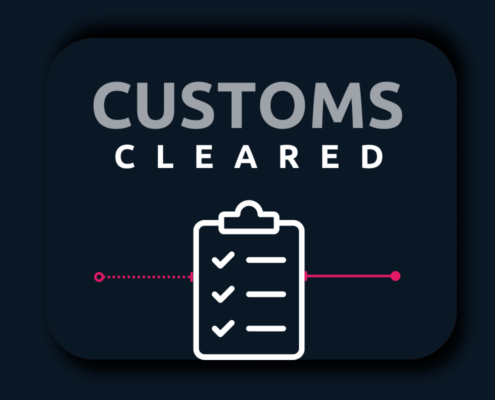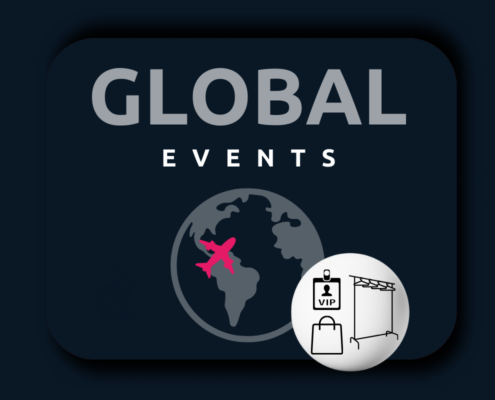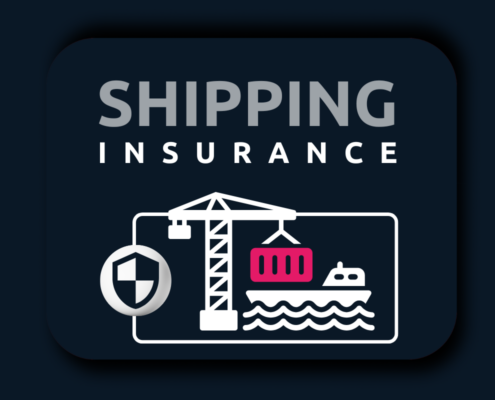TecEx Bits and Bytes Blog
We like to be in the know with the latest trade compliance news — and we want the same for our clients. As we research and update our extensive trade database, we want to include you in the most exciting updates and insights. Our blogs dive deeper into country-specific updates, customs regulations, exciting digital trends, and how this impacts your global deployment efforts.



